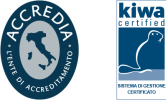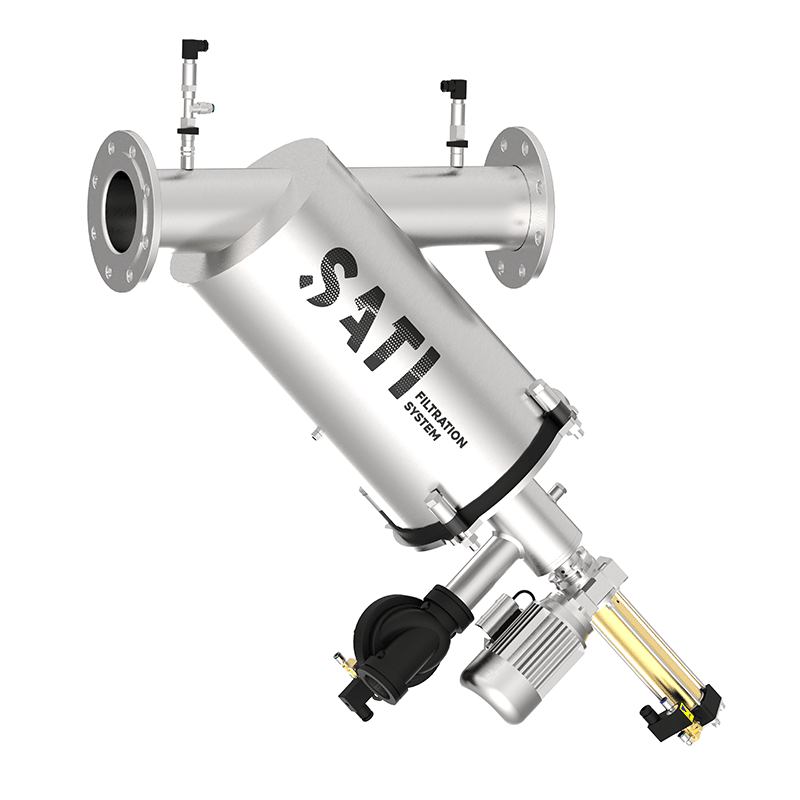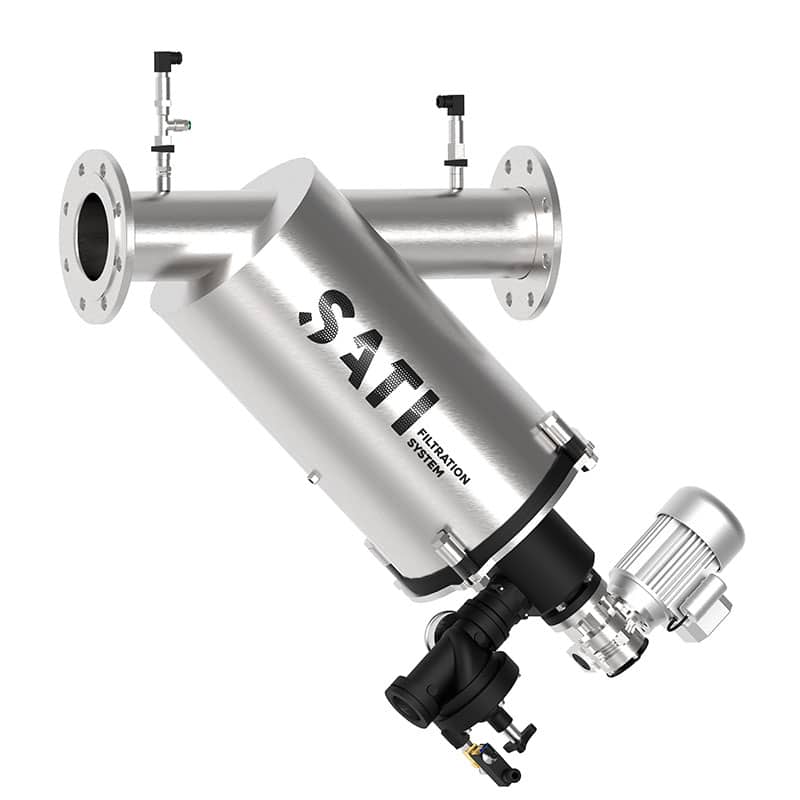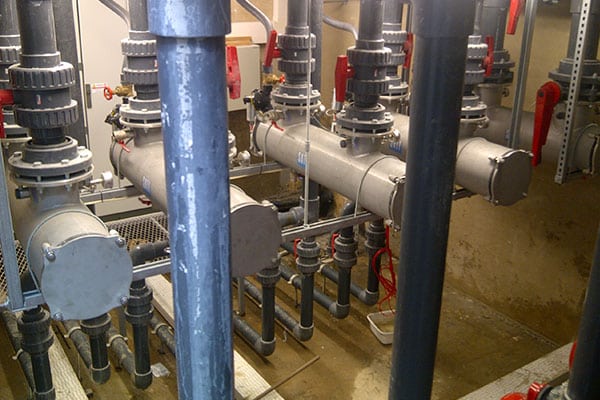
Waterworks
In waterworks systems, water filtration with SATI filtration systems plays a crucial role in ensuring that the distributed water is safe for drinking and meets the quality standards required by current regulations.
Aqueduct systems draw water from natural sources such as rivers, lakes or wells, the use of SATI filters is critical to ensure that treated water is safe and potable for human consumption.
Water withdrawn, with the presence of solid impurities, sediment, organic matter, bacteria and other contaminants, is treated using SATI filters. With a variety of integrated technologies, SATI filtration systems are specially designed to ensure an optimal filtration process that effectively removes contaminants in the water.
This process helps ensure that the distributed water is free of suspended particles that could compromise its transparency and safety.
By using high-quality SATI filtration systems, maintenance costs of water networks can be reduced. Effective removal of impurities and contaminants from water reduces wear and tear on systems and pipes, prolonging their life and reducing the need for corrective action.
SATI filtration plants are designed and built in accordance with applicable water quality regulations and standards. By using such systems, water authorities can ensure compliance with current regulations and security of water supply for the community.
The use of SATI filters in aqueduct systems is essential to ensure that water drawn from natural sources is treated adequately and safely for human consumption. With their ability to remove a wide range of contaminants, SATI filters contribute significantly to ensuring the quality and safety of water distributed to the public.
In the waterworks industry, water filtration is a key process to ensure that distributed water is safe and potable for human consumption. Filtration systems remove impurities, sediments, bacteria and other contaminants in raw water drawn from water sources. This process helps protect public health by reducing the risk of waterborne diseases and ensuring that the water distributed meets the quality standards set by local and international regulations. In addition, water filtration contributes to environmental sustainability by reducing the negative impact on the ecosystem due to the presence of contaminants in the water.
Our Filters
All filters can be customized according to customer needs.
Customized filtration systems are also designed.
Two fountains have been erected in the city of Skopje, which draw water directly from the river that flows through the city center. This water is then returned to the surface through nozzles placed on the riverbed itself. A filtration system is needed because the river carries a considerable amount of coarse debris and especially silt. Silt, in particular, can cause clogging problems and deterioration of fountain structures if not properly filtered.
Location
MacedoniaDegree of filtration
100 μmScope
600 m3/hYear
2011For this reason, two pumping and filtration stations were installed near the riverbed. Each filtration line consists of 4 Rotor filters, and a model VTO. Rotor filters and VTO filters, equipped with backwash cleaning systems, have capacities to remove colloidal particles optimally, thus extending the useful life of the filter.
They are definitely ideal choices for removing colloidal dirt, such as silt. Both filtration stations are designed to handle a total flow of 600 m3/h, with a filtration degree of 100 microns.
The pdf document of this case history
is reserved for registered users.
Contact us
HEADQUARTERS
Via M.Galli, 116
47522 Cesena (FC) – Italy
CALL US
T. +39 0547 660307
UNI EN ISO 9001:2015 certified company










